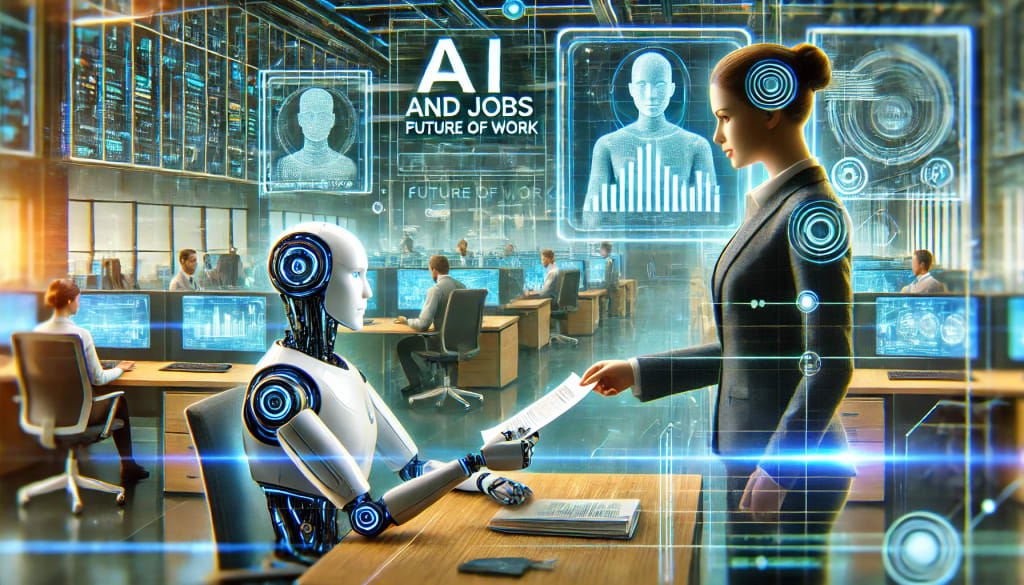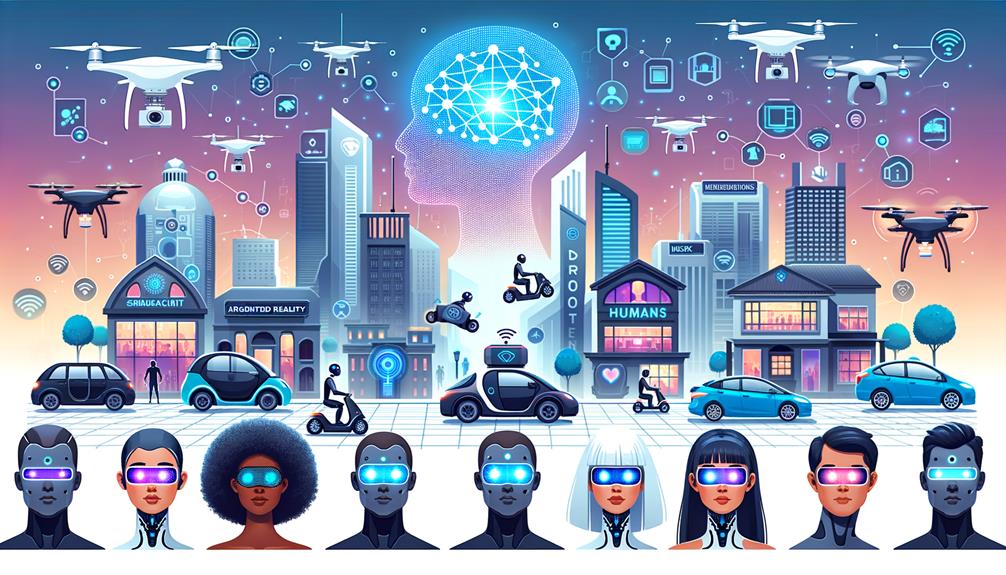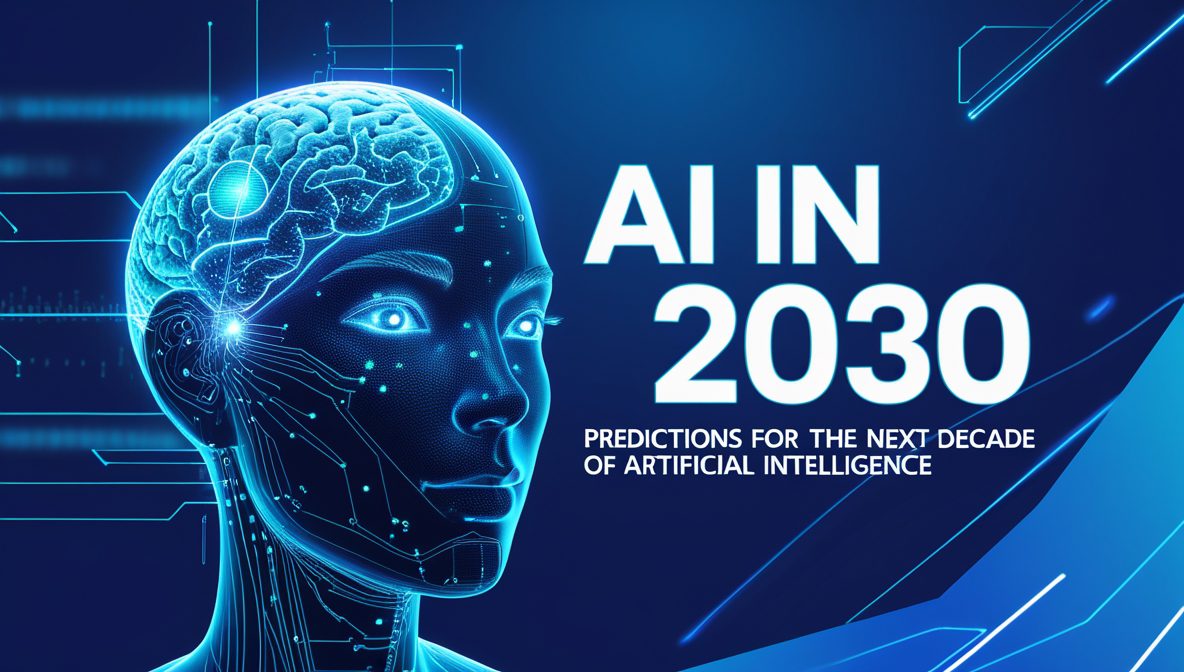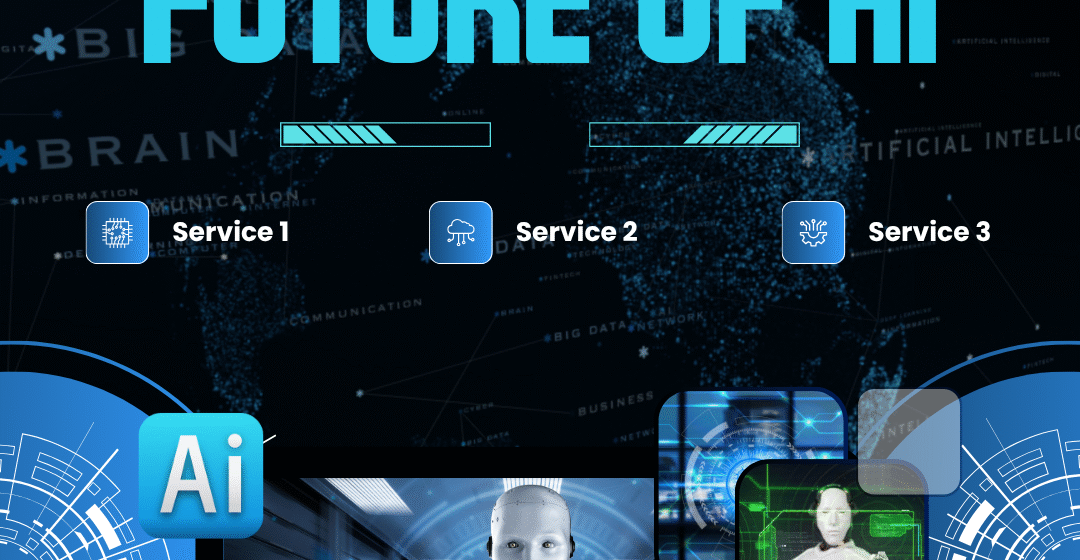How Artificial Intelligence Will Transform Our Daily Lives by 2030
Artificial Intelligence (AI) is no longer a futuristic concept confined to science fiction. It’s already changing how we live, work, and communicate. But by 2030, AI is expected to evolve into a deeply integrated force that will shape almost every aspect of our daily routines. From personalized healthcare to smart homes and self-driving cars, the future is not just near—it’s intelligent.
In this article, we’ll explore how AI will transform everyday life by the end of this decade.

🏥 1. Smarter Healthcare and Personalized Treatment
By 2030, AI will revolutionize healthcare with faster diagnostics, predictive analytics, and tailored treatment plans.
-
AI algorithms will detect diseases like cancer at much earlier stages.
-
Wearable devices powered by AI will monitor vital signs in real time.
-
Personalized medicine will become more accurate, using AI to recommend the best treatments based on a person’s unique genetic makeup.
Doctors and AI will work hand-in-hand, enhancing patient outcomes while reducing costs.
🏠 2. Intelligent Homes That Anticipate Your Needs
Smart homes are already here, but by 2030, they’ll be much more intuitive.
-
AI will manage lighting, temperature, security, and even grocery shopping based on your preferences.
-
Voice assistants will evolve into virtual companions capable of complex conversations and decisions.
-
Household robots may take over cooking, cleaning, and even elder care.
Your home will become a personalized, AI-powered comfort zone.
🚗 3. Self-Driving Vehicles Will Become Mainstream
AI-powered autonomous vehicles are expected to dominate roads by 2030.
-
Commutes will be safer and more efficient as AI eliminates human error.
-
Traffic flow will be optimized using real-time data from AI systems.
-
Ride-sharing and public transport will become seamless, connected through smart city networks.
AI will redefine the way we travel—making it faster, cleaner, and more convenient.
🧠 4. Education Will Be More Personalized
AI will tailor education to individual learning styles.
-
Smart tutoring systems will identify strengths and weaknesses to offer custom learning paths.
-
Virtual classrooms will be enhanced by AI-driven content and real-time feedback.
-
Students will learn at their own pace, with intelligent assistants guiding them along the way.
Education will be more inclusive and effective for students around the globe.
💼 5. Work and Productivity Will Be Transformed
The workplace will be reshaped by AI.
-
Routine tasks will be automated, freeing humans for creative and strategic roles.
-
AI tools will assist with writing, design, analytics, and customer service.
-
Collaboration platforms will use AI to suggest improvements, summarize meetings, and optimize workflows.
While some jobs may disappear, many new ones will be created—especially in AI development, ethics, and oversight.

🛍️ 6. Shopping and Customer Experience Will Be Hyper-Personalized
Retail and e-commerce will feel like a personal concierge service.
-
AI will recommend products based on browsing behavior, preferences, and past purchases.
-
Virtual try-ons using AR and AI will make online shopping more immersive.
-
Customer service bots will be able to understand and respond in natural language, 24/7.
Shopping will be faster, smarter, and more tailored to you than ever before.
🌍 7. Smarter Cities and Sustainable Living
AI will power sustainable, efficient cities.
-
Energy usage will be optimized through AI-powered grids.
-
Waste management, traffic systems, and public safety will all be enhanced using real-time data.
-
AI can even predict natural disasters and help with response coordination.
Urban life will become cleaner, greener, and more organized.
🧩 8. Mental Health and Emotional AI
AI will play a role in emotional well-being.
-
AI therapists and mood-tracking apps will help people manage stress and anxiety.
-
AI companions for the elderly will provide conversation and monitor mental health.
-
Emotional recognition tech may help companies and schools support individuals better.
Technology will become more emotionally intelligent, supporting mental wellness in new ways.

Final Thoughts
By 2030, AI won’t just be a tool—it will be a seamless part of our everyday lives. While challenges like data privacy and job displacement must be managed carefully, the potential benefits are immense.


Leave a Reply